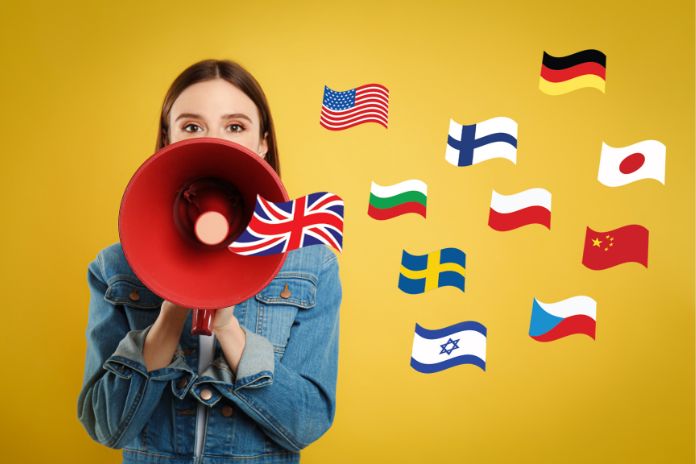Can You Get Banned from Chat GPT?
If you’ve been using Chat GPT, you might have wondered whether you could get banned from the platform. Chat GPT is a powerful language model that can generate human-like text and carry on conversations, making it a popular tool for various purposes.
In this article, we’ll explore the question of whether you can get banned from Chat GPT and what actions can lead to a ban.
Contents
Can You Get Banned from Chat GPT?
The short answer is yes, you can get banned from Chat GPT. Although the platform is designed to be open and accessible, there are certain actions that can result in a ban. Here are some of the most common reasons why users get banned from Chat GPT:
1. Violating the Terms of Service
Chat GPT has a set of Terms of Service that all users must agree to before using the platform. These terms include rules against spamming, harassment, hate speech, and other forms of abusive behavior. If a user violates these terms, they can be banned from Chat GPT.
2. Using Offensive Language
Chat GPT is designed to generate text that’s natural and human-like, but that doesn’t mean it should be used to produce offensive or inappropriate content. If a user repeatedly uses offensive language or generates inappropriate content, they can be banned from Chat GPT.
3. Generating Malicious Content
Chat GPT can generate text on a wide range of topics, including technical subjects and sensitive topics like politics and religion. However, if a user uses Chat GPT to generate malicious content, such as phishing scams or malware, they can be banned from the platform.
4. Misusing the Platform
Chat GPT is intended to be used for productive and creative purposes, such as generating content for websites, chatbots, and other applications. However, if a user misuses the platform for illegal or unethical purposes, such as generating fake news or engaging in fraud, they can be banned from Chat GPT.
How to Avoid Getting Banned from Chat GPT
If you want to avoid getting banned from Chat GPT, there are several things you can do. First, make sure you read and understand the platform’s Terms of Service before using it. Second, avoid using offensive or inappropriate language, and don’t generate malicious content. Third, use Chat GPT for productive and creative purposes, and don’t misuse the platform for illegal or unethical activities.
Conclusion
In conclusion, Chat GPT is a powerful language model that can generate human-like text and carry on conversations with users. While the platform is designed to be open and accessible, there are certain actions that can result in a ban. Users who violate the Terms of Service, use offensive language, generate malicious content, or misuse the platform can be banned from Chat GPT. To avoid getting banned, users should read and understand the platform’s rules, use Chat GPT for productive and creative purposes, and avoid engaging in illegal or unethical activities.
FAQs
What happens if I get banned from Chat GPT?
If you get banned from Chat GPT, you won’t be able to access the platform or generate text using the language model.
How long does a ban from Chat GPT last?
The length of a ban from Chat GPT can vary depending on the severity of the violation. Some bans may be temporary, while others may be permanent.
Can I appeal a ban from Chat GPT?
Yes, you can appeal a ban from Chat GPT by contacting the platform’s support team and explaining your situation. However, the outcome of the appeal will depend on the nature of the violation and the platform’s policies.
Can I use Chat GPT for commercial purposes?
Yes, you can use Chat GPT for commercial purposes, such as generating content for websites or chatbots. However, you should make sure you comply with the platform’s Terms of Service and use the language model in a legal and ethical manner.
Is Chat GPT safe to use?
Yes, Chat GPT is generally safe to use, but users should be aware of the potential risks of generating inappropriate or malicious content. To stay safe, users should follow the platform’s guidelines and use Chat GPT for productive and creative purposes.







